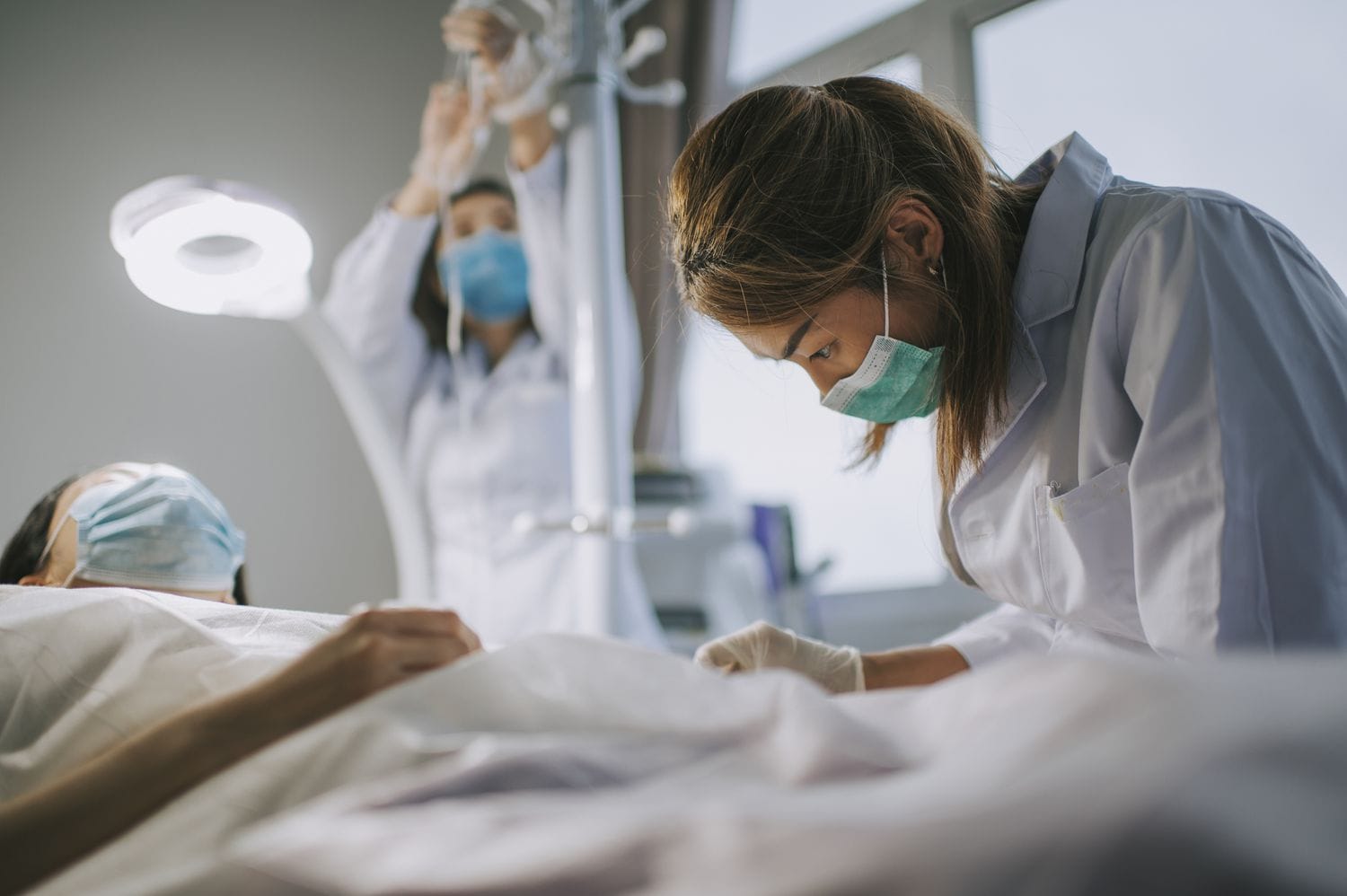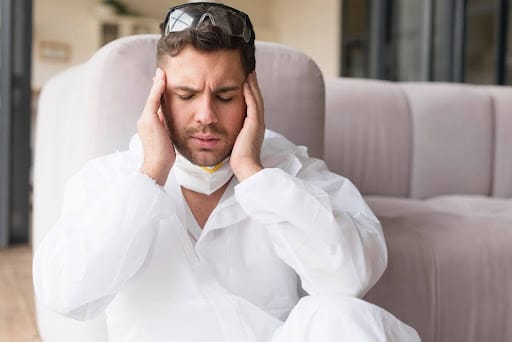
Hypertension: Causes, Symptoms And Prevention

You might have heard about the term hypertension and how it affects your overall health. Today, around 1.13 billion people globally suffer from hypertension, especially in underdeveloped and developing countries. This common condition is the root of other serious complications, so in-depth knowledge is required to prevent it.
This issue needs urgent care, and to help you here, this blog is a holistic guide on high blood pressure or Hypertension.
What is Hypertension?
Hypertension is a condition in which the blood against the artery wall is all-time high and may eventually lead to chronic heart disease. You might be suffering from hypertension for years and still have no symptoms. Uncontrolled blood pressure levels higher the risk of stroke and heart attack. It can also damage other body organs, especially the eyes, kidneys, and brain.
Primary care is vital for this issue, regular checkups can help you, and your physician notices any immediate changes. For example, if you have elevated blood pressure levels, your doctor will instruct you to check after a week and see if it falls back to normal.
Causes of hypertension
The causes of hypertension differ from type to type.
Primary hypertension
Primary hypertension is also referred to as essential hypertension. This hypertension builds over a long period without any understandable cause. The majority of the people suffer from it, but researchers are still unsure about the trigger points. Some factors to take into account are:
- Physical changes- If your body is changing over time, you will surely experience problems in your body. For instance, it’s believed that old age might cause changes in the kidney and upset the body’s salt and fluid level. This change might lead to increased resistance in the artery wall.
- Involved genes- Some people are genetically endowed with hypertension. This may be from a genetically flawed system inherited from parents.
- Habitat- Lack of physical exertion and unhealthy food choices can make your body weak and susceptible to hypertension. Poor lifestyle choices might lead to health issues like obesity and more.
Secondary hypertension
Secondary hypertension is more severe than primary hypertension and occurs quickly. Health conditions that may cause secondary hypertension are:
- Obstructive sleep apnea
- Thyroid issues
- Kidney problems
- Medication side-effect
- Consumption of illegal drugs
- Chronic alcoholic or alcohol abuse
- Endocrine tumors
- Adrenal gland issue
Common Symptoms of Hypertension
Hypertension is a silent killer that exhibits no to fewer symptoms. It can take up to years to notice obvious symptoms. And is linked to other serious underlying health issues.
Common symptoms of hypertension are:
- Breathlessness
- Dizziness
- Seeable changes
- Urine with blood clots
- Bleeding from the nasal area
- Severe chest pain
- Flushing
While these symptoms are not seen in every patient, if they occur, it is always a smart move to consult primary care doctors almost immediately. However, waiting for the symptom can risk your life too. The best way to diagnose this ailment is by blood pressure readings. Therefore, most of the physician’s appointments start with a blood pressure checker.
The Diagnosis Procedure
Diagnosing hypertension is as easy as recording blood pressure readings. Lab diagnostic of hypertension is generally not given after a single reading. Your physician will keep looking for other symptoms before fixating on them. If your blood pressure levels stay elevated, your doctor will conduct several tests to see the possibility of other diseases. The tests might include:
- Blood tests and cholesterol screening
- Performing ECG to check heart’s electrical activity
- Urine test
- Ultrasound
The results of these tests will decide on the treatment procedure. In addition, early detection might lower the risk of developing other chronic ailments.
Understanding the blood pressure readings
Two units form a blood pressure reading.
- Systolic pressure- This is the top unit that indicates the pressure on your artery walls when the heart pumps blood.
- Diastolic pressure- This is the bottom unit and indicates the pressure in the arteries between heartbeats.
Some Treatment Options for High Blood Pressure
The treatment procedure is entirely based on the type of hypertension you have and related symptoms.
Treatment options for primary hypertension
If you are diagnosed with primary hypertension, your doctor will suggest some lifestyle changes to reduce the blood pressure unit. If lifestyle changes are not enough, then over-the-counter medicines are prescribed to treat it.
Treatment options for secondary hypertension
If the cause of the hypertension is an underlying disease, then the treatment procedure will involve the other condition. Treatment of hypertension evolves with time; what works today might not show positive results afterward. However, medications to control blood pressure are widely used and safe for consumption.
Conclusion
High blood pressure persists when the blood pressure increases to dangerous levels. Your blood pressure unit represents how much blood is passing via your blood vessels and the amount of resistance the blood meets while the heart is pumping blood.
- Also read: Diabetes Anxiety Connection
And narrow arteries increase the resistance, which means the narrower artery will increase your blood pressure levels. So schedule urgent care checkups to lead a healthy and disease-free life.






